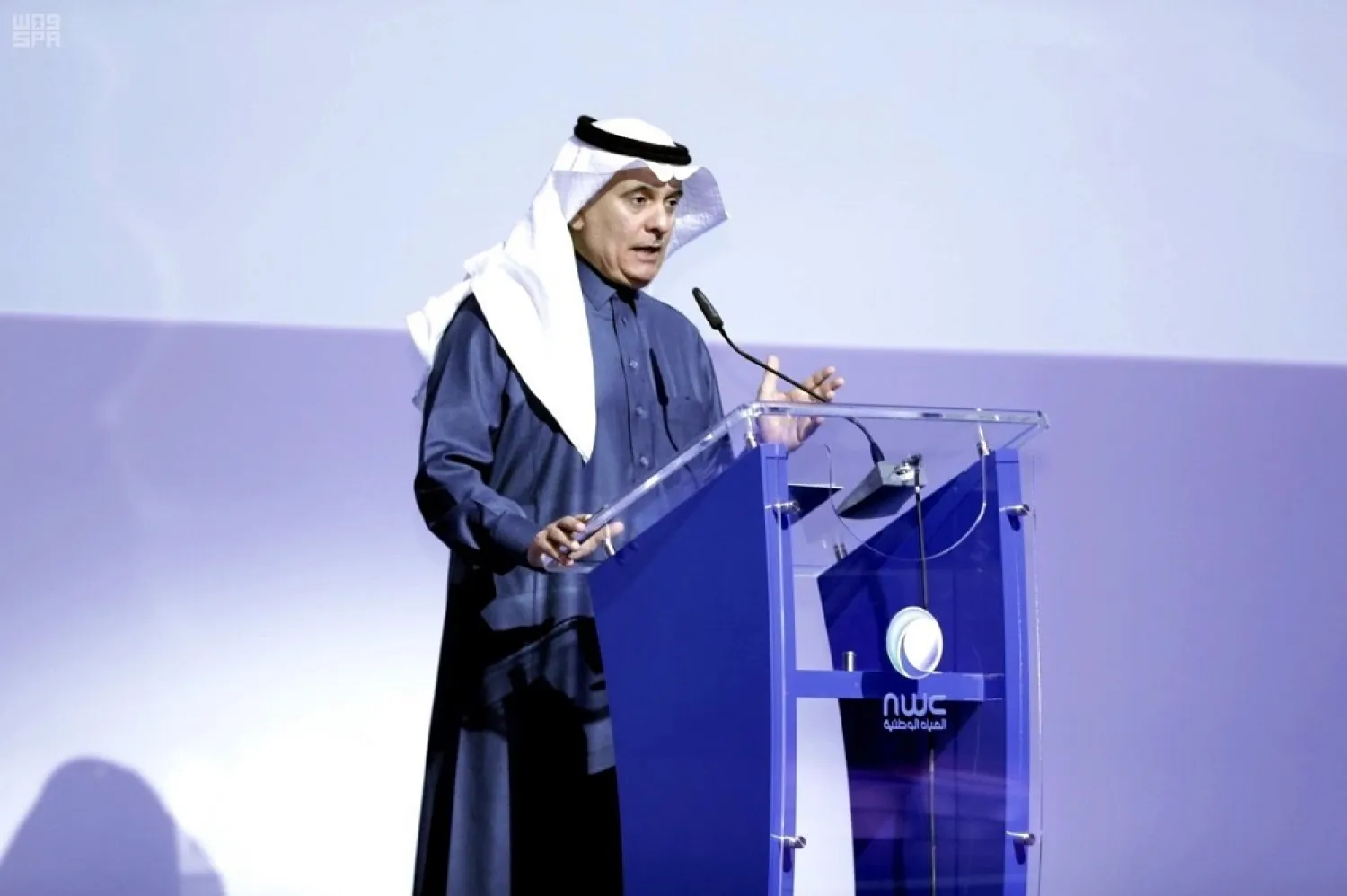Saudi Arabia and Russia expressed on Monday their desire to cooperate in agriculture investments that could later on enter Africa. Top agriculture officials from both sides confirmed that the partnership between the two countries enables engaging in such initiatives and achieving access to African markets.
Saudi Minister of Environment, Water and Agriculture Abdulrahman al-Fadley said the Kingdom is strategically positioned to implement such projects, stressing that part of the strategic vision of the Kingdom is to increase the added value of the product and services, benefit all stakeholders and to benefit from present comparative advantages.
He pointed out that opportunity exists for agriculture production and trade to be carried out externally. This means that the Kingdom can receive agricultural commodities from Russia and then prepare them for re-export to other markets.
Russian Agriculture Minister Dmitry Patrushev revealed his country’s desire to attract Saudi investments in the wide field of agriculture, which includes food staples, meat, dairy products and vegetable and fruit crops.
Patrushev added that Russia has land plots ready for investment, as well as qualified and professional companies in the agricultural field.
The minister also lauded Russian companies and farmers for achieving tangible successes in conserving land fertility and developing fertilizers.
SALIC, formed in 2011 to secure food supplies for the Kingdom through mass production and foreign investments, has been looking at expanding in Russia and Ukraine, both major Black Sea grain producers and exporters, for several years.
SALIC is considering investing in Russian agriculture projects near the Black Sea, the RIA news agency quoted SALIC Managing Director Khaled al-Aboodi as saying.
“We believe that the Black Sea region of Russia is a very important region, and we want to invest there,” he said.
Patrushev was in Saudi Arabia on Monday as a part of a delegation that was accompanying Russian President Vladimir Putin to the Kingdom, on his first visit in 12 years.









